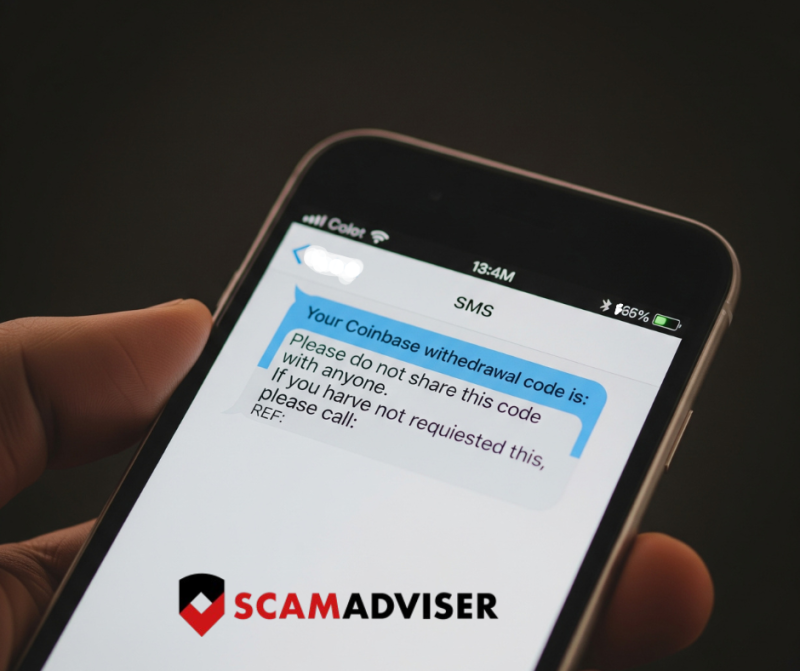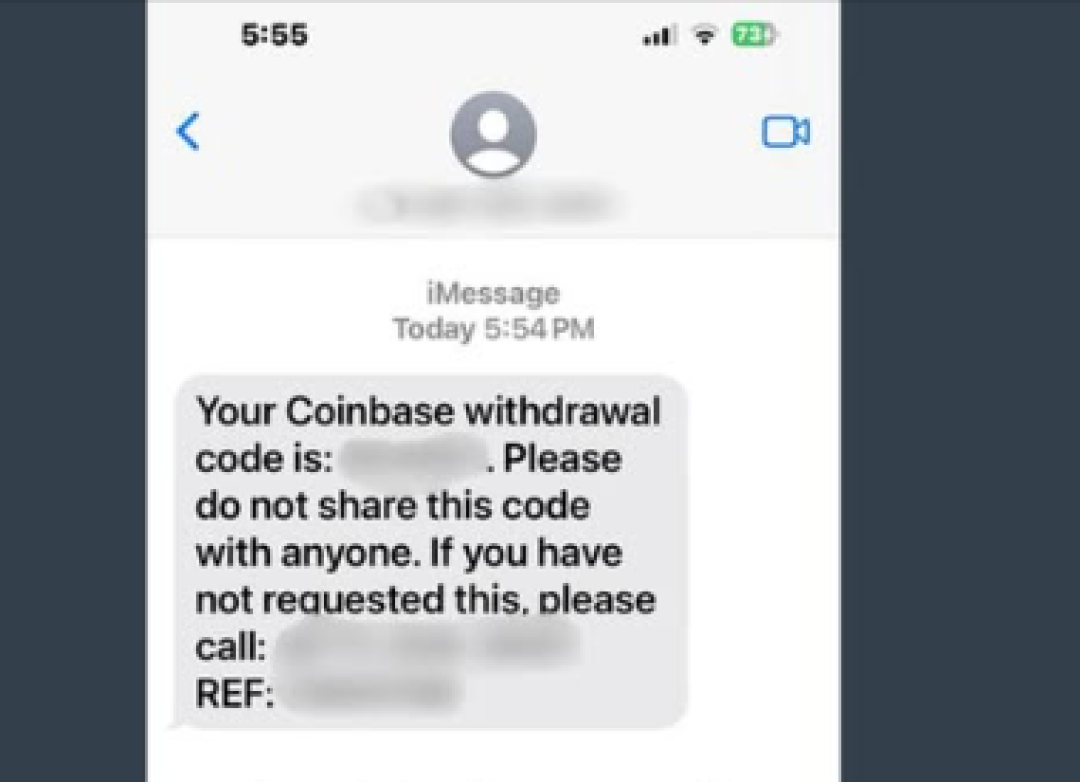
So, you're just living your life, scrolling through memes, ordering pizza, and suddenly—buzz. A text message pops up. It looks like it’s from Coinbase.
But wait—you don’t even have a Coinbase account!
And that, my friends, is exactly the point.
Welcome to the world of the Coinbase Text Scam (also called a Coinbase scam text or Coinbase text message scam). It’s so common that many crypto newbies run into it at some point. Think of it as today’s version of the old “Is your fridge running?” prank call—except this one is trying to steal your Bitcoin, not your punchline.
This scam is a type of smishing—aka SMS phishing. Instead of emailing you, scammers send texts that feel more urgent and personal. That’s why it’s sometimes called the Coinbase login scam text or the Coinbase withdrawal code text scam.
Here’s what these fake messages often say:
⚠ Urgent: A withdrawal of $5,000 in BTC has been approved from your Coinbase account. If this was not you, click here immediately.
⚠ Your Coinbase account has been locked due to suspicious activity. Verify your identity at this link to restore access.
⚠ You’ve received a payment of [insert ridiculously high amount of crypto here]. Claim it now!

Source: Facebook
Notice the trick? Every message is designed to spark fear (“your money is gone”) or greed (“you just got free Bitcoin”). That emotional push makes people click without thinking—and that’s exactly how these crypto scams work.
Here’s your no-nonsense guide to catching a Bitcoin scam before it catches you:
🚩 They Don’t Know You
Most of these scam texts go out at random. The scammer doesn’t know if you’re a crypto whale or just someone collecting bottle caps. If you don’t even have a Coinbase account, that’s already a huge red flag.
🚩 The Panic Button Trap
If the text is screaming “act now!” or “urgent security issue,” your alarm bells should ring. Real Coinbase security doesn’t work like that. Legit companies don’t use pressure tactics in text messages.
🚩 The URL of Doom
Fake Coinbase texts almost always include shady links. They’ll look like:
If it’s not exactly https://www.coinbase.com, it’s a trap. Bookmark the real Coinbase site and always use that.
🚩 The “We’ll Never Ask” Rule
Coinbase will never ask you for:
If a text or call asks for any of this, it’s a pure Coinbase phishing scam.
🚩 Grammar Gone Wrong
A lot of scam texts read like a bad movie script—awkward words, weird punctuation, and clumsy grammar. If it feels off, it probably is.
Don’t panic, don’t click, don’t reply. Just ignore it.
Report it:
By reporting, you’re not just protecting yourself—you’re helping stop these crypto text scams from spreading to others.
The Coinbase text scam is one of the most common crypto scams out there. Whether it’s a Coinbase withdrawal code text scam, a fake Coinbase login scam text, or just another random Bitcoin scam, the rules stay the same:
🚩 Extra tip: Before you visit or download from an unknown website, check it on ScamAdviser.com. You can search domains, phone numbers, IBANs, crypto wallets—the whole scammy ecosystem.
On mobile? The ScamAdviser app, Android or iOS version, is your pocket-sized safety net. Download it and browse smarter.